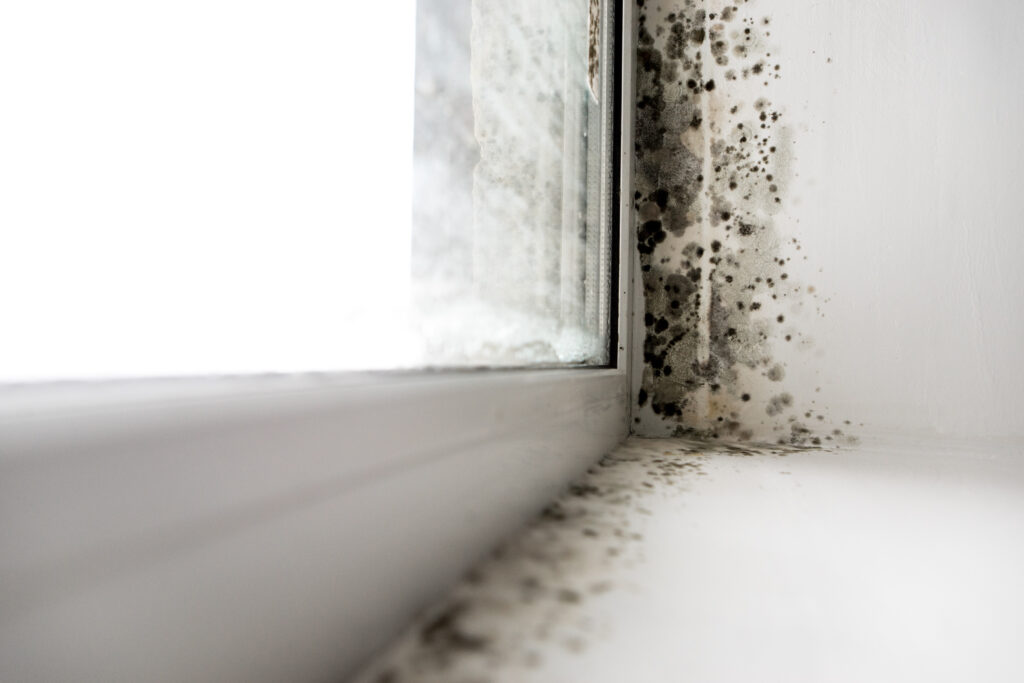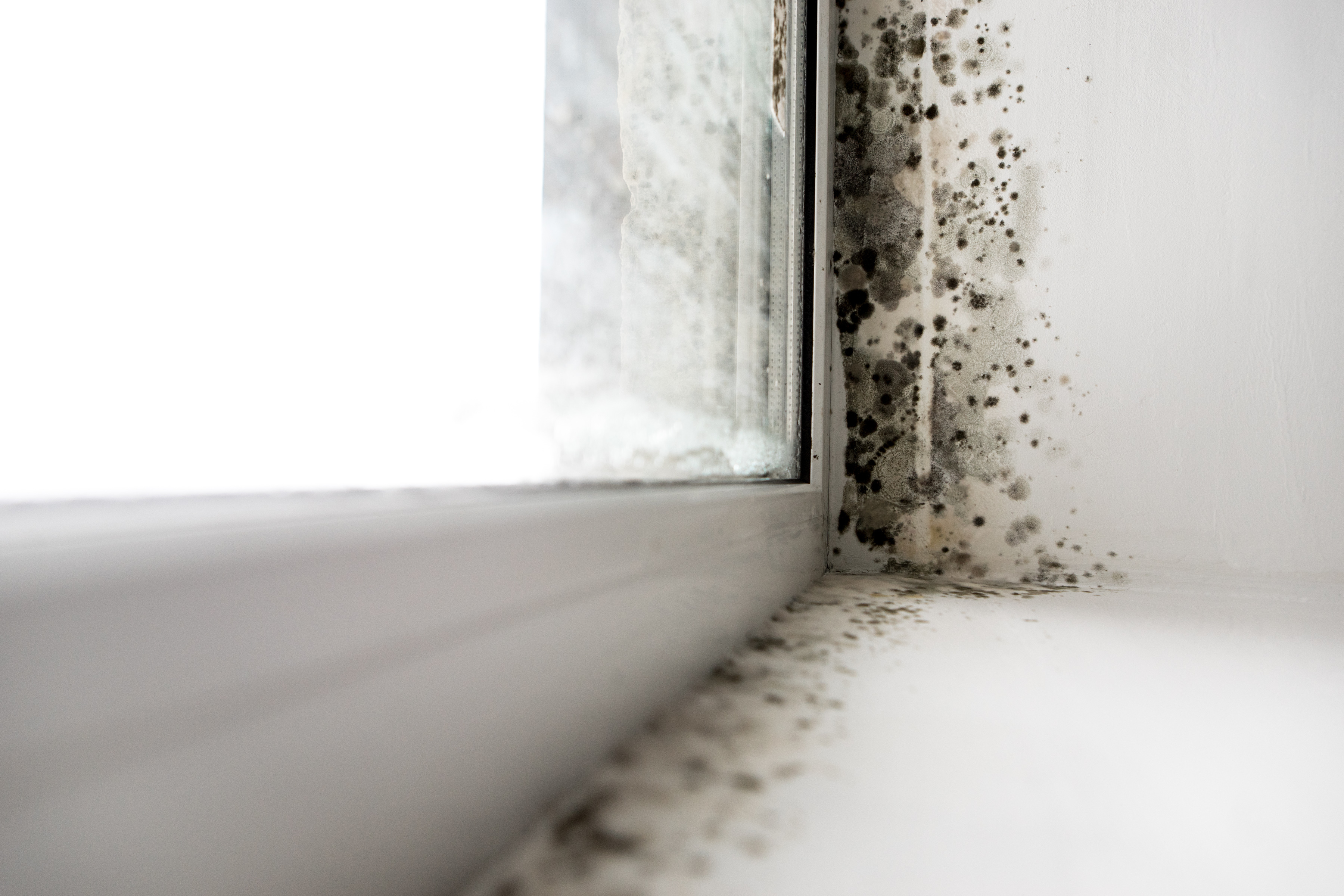
Climate change is a growing threat, and our homes contribute significantly to the problem through energy use and emissions. However, as we make our homes more energy-efficient, we need to ensure they remain healthy environments. On average in the UK, we spend 90% of our time inside buildings. This makes the indoor air quality and temperature of our homes extremely important. As we take steps to make our homes cosier and save energy, we also need to make sure that houses remain well ventilated.
5 top tips
Here are 5 easy ways to reduce your climate impact while maintaining a comfortable and safe home. The advice comes from researchers in the Health Protection Research Unit (HPRU) in Environmental Change and Health, funded by the National Institute for Health and Care Research, and from public health experts at UKHSA. If you’d like to read more about the background to this advice, the links will take you to original research from scientists associated with the HPRU, and to guidance materials produced by UKHSA.
- Ventilate while cooking and using fireplaces to remove pollutants like carbon monoxide or nitrogen dioxide. See the Adverse Weather and Health Plan Supporting Evidence document for details of how seriously an ill-ventilated home can affect your health.
- Increase insulation and reduce drafts to improve warmth in winter and cooling in summer. Ensure proper moisture control to prevent mould, by opening windows or using a dehumidifier. This paper, published in the British Medical Journal explores the risks and argues for systematic monitoring of indoor air.
- Keep your home cool in hot weather by closing windows and curtains in rooms that face the sun. Open windows at night when the air is cooler outside, to try to get air flowing through the home. Staying cool in hot weather is especially important for vulnerable groups like the elderly. Guidance on how to Beat the Heat can be found on the UKHSA website.
- Support green spaces, tree planting and other cooling measures in your community. Urban areas with less vegetation tend to be significantly hotter due to the Urban Heat Island (UHI) effect.
- Make energy-efficient upgrades like double glazing, cavity wall insulation, and solid wall insulation. Some of the most impactful changes are outlined in this research paper. These and other home improvements can help reduce emissions and protect against the health effects of cold weather during the winter. It’s also important to choose building materials that don’t exacerbate temperature-related risks. The book Urban Overheating and the Impact on Health foregrounds the importance of building fabrics.
There are more details on all of the above in the HPRU’s Healthy Housing workshop report April 2023.
Taking small steps can make a real difference. It’s possible to reduce your climate impact while also creating a healthier home. You’ll find more tips on energy efficiency on the Energy Saving Trust’s website. With some simple changes, we can fight climate change and create a healthier environment at home.





More Stories
Ashwagandha’s Impact on Cortisol Levels in Stressed People
Health care cyberattack ‘likely one of the worst,’ expert says
Accessing Medicinal Cannabis in the UK: A Comprehensive Guide